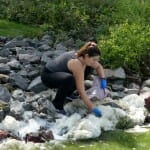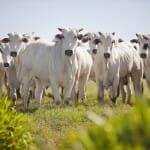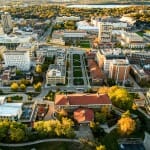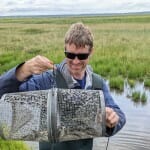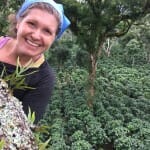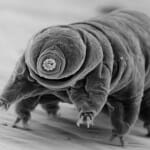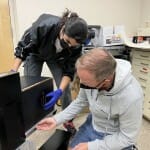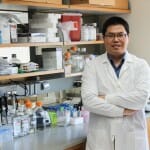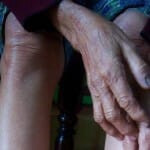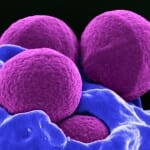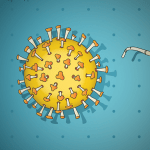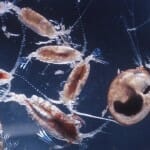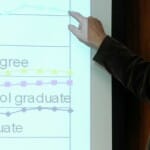Tag Research
Understanding freshwater foam may help in fight against PFAS “forever chemicals”
Research in the School of Engineering will advance our understanding of how PFAS chemicals behave in diverse aquatic conditions. Read More
Despite commitments, Brazil’s beef sector tainted by purchases from protected lands in Amazon basin
Despite improvements by meatpackers to keep their supply chains free of cattle grazed on protected or illegally deforested lands, many slaughterhouses in Brazil — the world's top beef exporter — continue to purchase illegally pastured animals on a large scale, a new study shows. Read More
Improved understanding of early spinal cord development paves the way for new treatments
Researchers at the University of Wisconsin–Madison are developing the means to turn stem cells into a wide range of specific types of spinal cord neurons and cells in the hindbrain — the critical nexus between the spinal cord and the brain — paving the way for improved prevention and treatment of spinal cord disease. Read More
UW’s Monica Kim named MacArthur Fellow
Historian and UW–Madison faculty member Monica Kim has been awarded a 2022 MacArthur Fellowship, also known as a "genius grant," for her work uncovering the experiences of ordinary people caught in war and complicating conventional narratives of conflict. Read More
Lightning strikes shape tropical forests
New UW–Madison research helps establish lightning as an environmental driver that may dictate what trees will make up tropical forests in the future. Read More
New institute will probe biology in the absence of water
The microscopic, hardy tardigrade. Image courtesy of National Park Service They’re microscopic, they have eight legs and they basically resemble tiny, wrinkly bears. Read More
X(ray) marks the spot in elemental analysis of 15th century printing press methods
Two UW–Madison researchers are part of a large, interdisciplinary team that is analyzing historical texts, including pages from a Gutenberg bible and Confucian texts, with a technique that could offer insights into early printing methods. Read More
Stereotypes can be self-reinforcing, stubborn even without any supporting evidence
In the study, people who got feedback that largely ran counter to stereotypes didn’t learn from that feedback, continued stereotyping at their same rate despite the feedback saying that the stereotypes were inaccurate. Read More
Enzyme, proteins work together to tidy up tail ends of DNA in dividing cells
The research provides insight into how a human cell preserves the integrity of its DNA through repeated cell division. Read More
More news, more worry during pandemic
“What we’d hope is that you could counter uncertainty by learning more about the world ... (but) that wasn’t the case with COVID-19," says researcher Markus Brauer. "Higher media consumption — seeking out the news — was associated with more emotional distress.” Read More
Evolving to outpace climate change, tiny marine animal provides new evidence of long-theorized genetic mechanism
The evolution experiment is new evidence of a genetic mechanism called positive epistasis, in which the positive effect of a variant of a gene is amplified when working in combination with other key genes. Read More
Haveman was instrumental in founding of UW’s La Follette School
Robert Haveman, former director of the La Follette School of Public Affairs and the Institute for Research on Poverty, died June 18. He is being remembered as "a world-class scholar, teacher and public servant.” Read More

